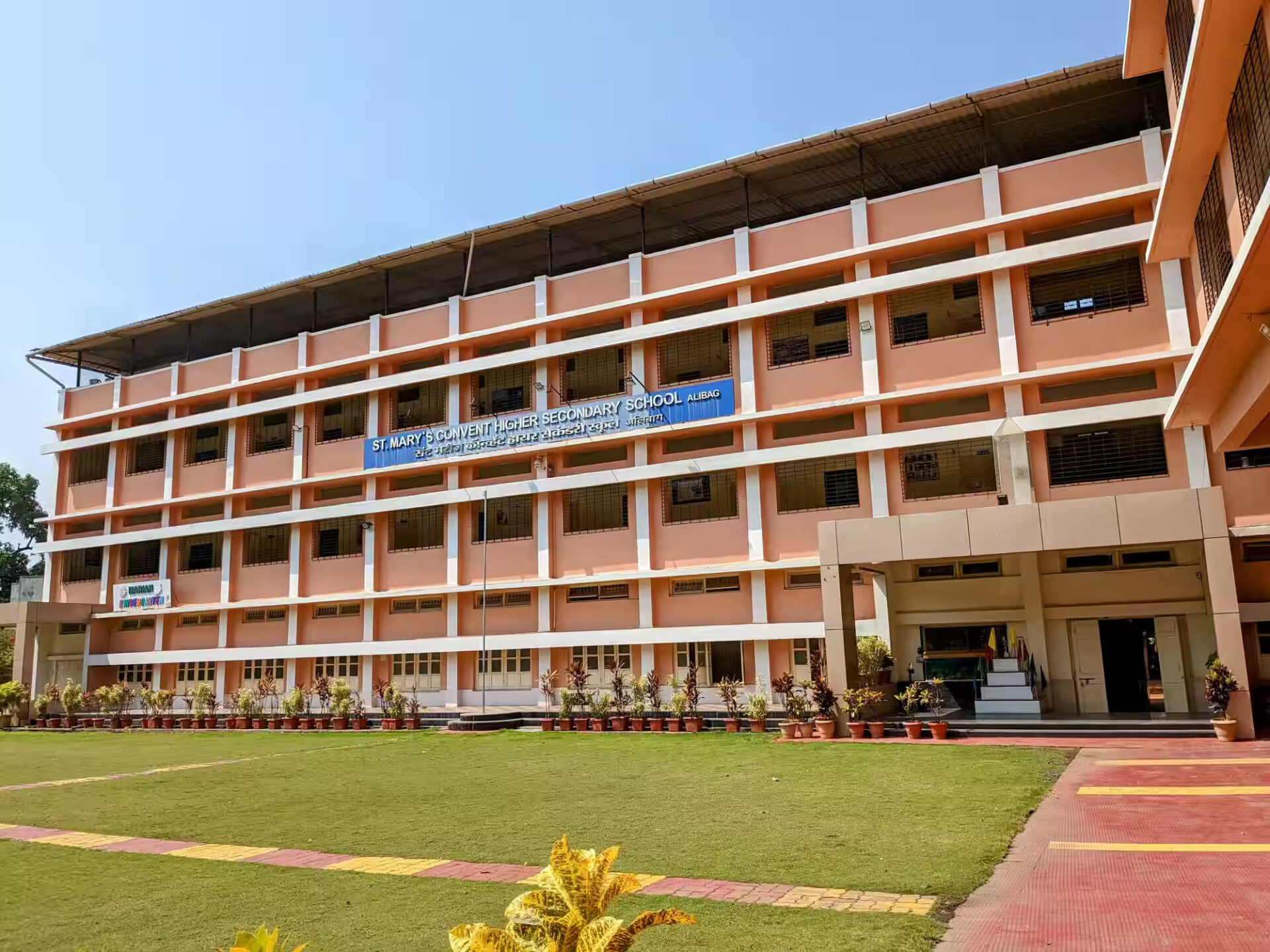Alibaug’s centennial Zilla Parishad Marathi School in Zirad received a transformative digital and hygiene uplift funded by Hikal and Utkarsh Global Foundation under its Srijan CSR initiative, signalling a new chapter in rural education. Hikal has provided 70 sturdy wooden benches, eight 43‑inch LED smart TVs, a projector with screen and a multifunction printer—all designed to foster interactive learning.
In addition, a shaded hand‑wash station was built to promote daily hygiene, regardless of weather, enhancing health standards and supporting gender‑neutral accessibility. These improvements aim to boost student attendance by making classrooms more engaging, comfortable and safe, and reflect Hikal’s five‑year Srijan programme that targets inclusive community growth through education, sanitation and infrastructure projects near its operations. By integrating technology into a 130‑year‑old institution, Hikal echoes global trends in sustainable schooling. Smart TVs and projectors enable multimedia lessons that foster digital literacy—a vital skill in a zero‑carbon, knowledge‑driven economy.
The new hand‑wash facility supports public health and aligns with gender‑neutral design principles, since proper hygiene infrastructure is essential to retain girls and mobile‑enabled learning supports all genders equally. Hikal’s rural CSR efforts have previously improved female literacy in Mahad and equipped government schools in Raigad and Pune districts with e‑learning tools, sanitation upgrades, RO water systems and vocational training. Its watershed development and bicycle‑library programmes also reflect a broader strategy to elevate community welfare alongside environmental sustainability .
Experts say such projects are critical in bridging infrastructural divides. “Digital tools in old schools can kick‑start learning enthusiasm,” observes an education analyst, noting the combination of furniture, technology and sanitation creates equity in access—especially in rural areas where such facilities are rare. However, sustainable impact hinges on maintenance plans and teacher training. Educators will need to master smart‑classroom tech, and the community must commit to preserving the facilities. Integration into local curricula and regular monitoring will determine whether these upgrades become long‑term assets or one‑off publicity events.
Alibaug’s school project offers a replicable model for sustainable, inclusive rural development. The blend of digital tools, clean‑water access and quality furniture addresses multiple barriers to education in one initiative—supporting municipal goals for equitable, eco‑smart communities. As Hikal’s Srijan programme continues expanding, education infrastructure emerges as a cornerstone. From Marathi‑medium schools to digital classrooms, such investments not only bridge educational gaps but also underpin broader urban‑rural resilience. Future projects will test whether this holistic blueprint can scale across Maharashtra’s hinterlands, shaping sustainable, equitable learning environments for generations.
Also Read :Chhattisgarh forest dispute stalls tribal resource management plans


